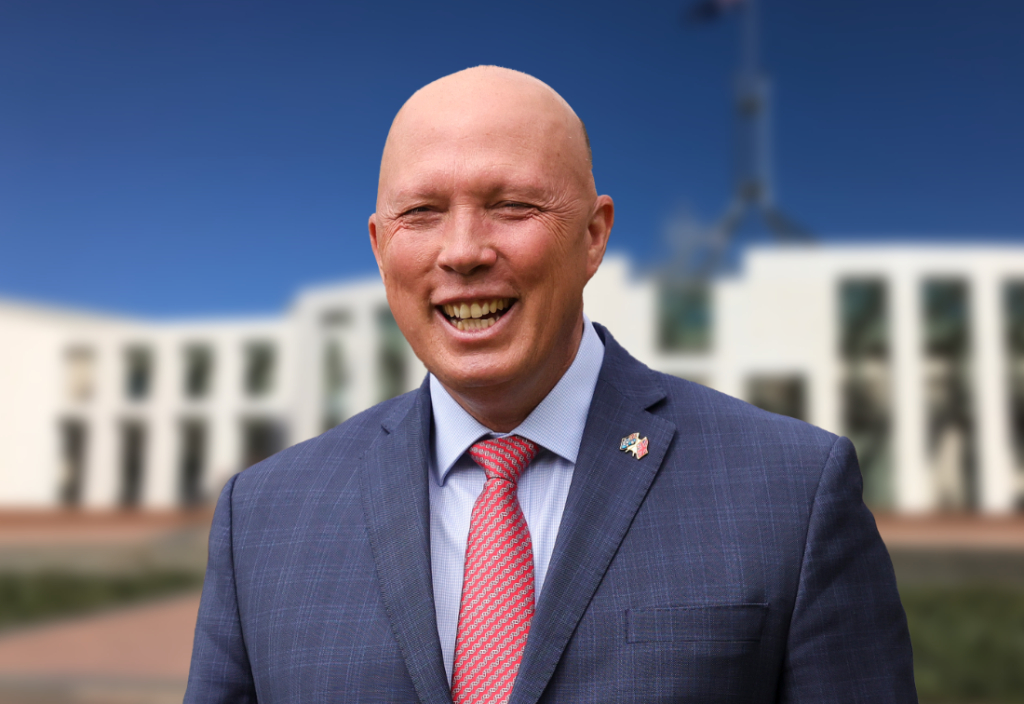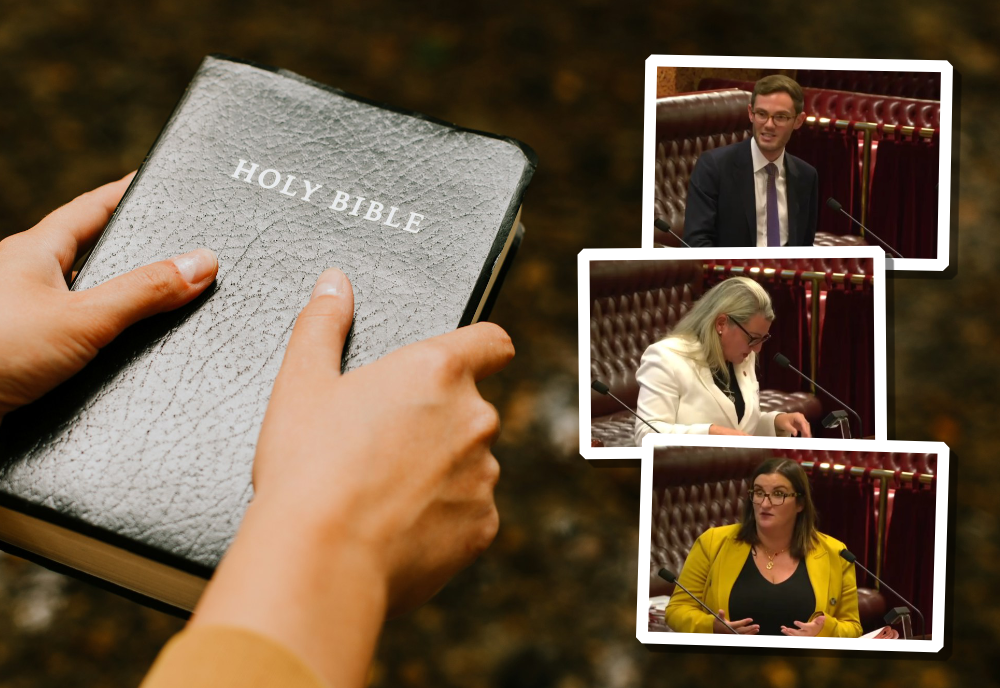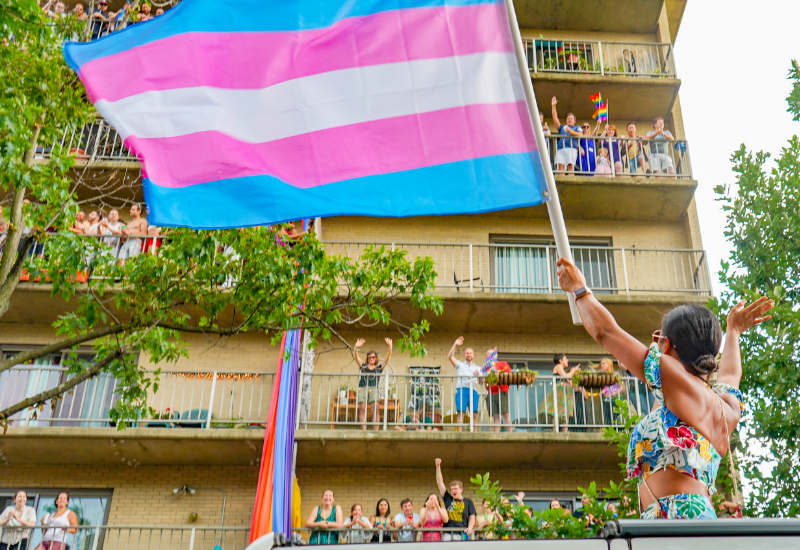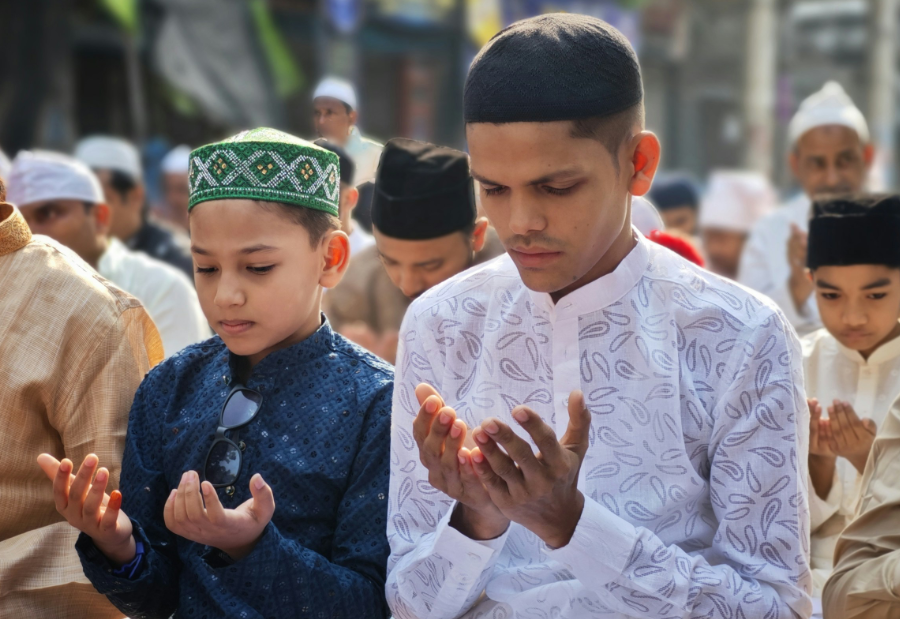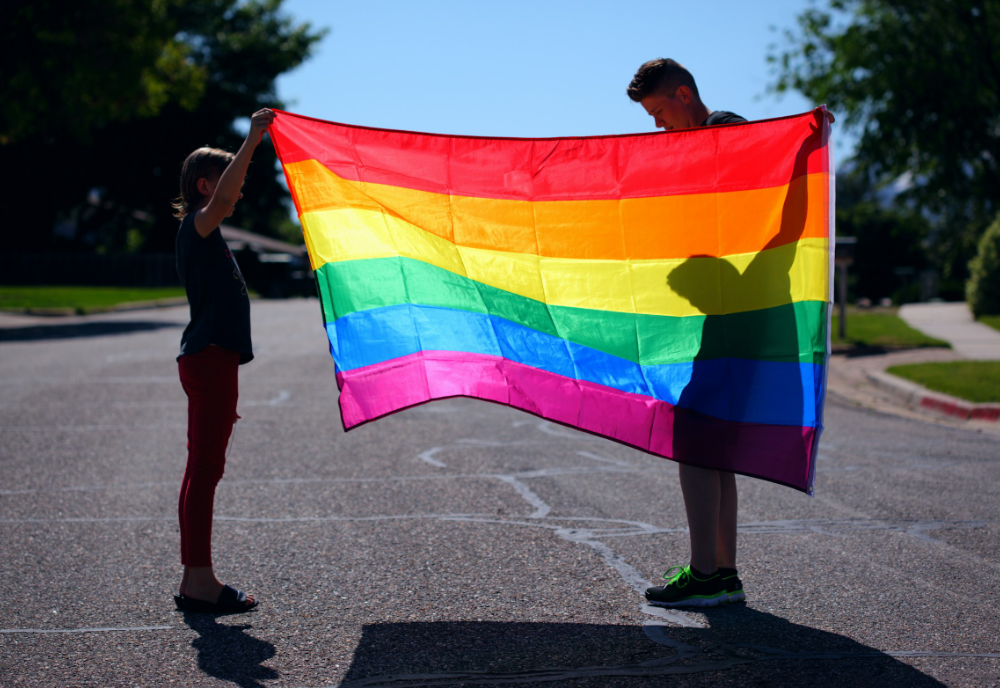In this era of a greater focus on individual human rights, many minorities and oppressed or ignored sections of society are standing up and demanding that the law of the land reflect and support their newly acquired equal status.
For over two centuries, this has been occurring with the larger minorities – slaves, women, ‘sinister’ left-handed people, racial underclasses, homosexuals, the disabled, and so on.
But smaller minorities have also become a part of this social and legislative shift in who may or may not be discriminated against. For example, transgender and intersex people have agitated to be able to alter their birth certificates, to be referred to as she/her, he/him or they/them as they request, to enter women-only sports competitions, and to use the bathrooms or changerooms that match their internal psychological gender identity.
As with almost every new social issue, the initial positions of many on both sides of these policy arguments have been emotion based and extreme. At one extreme, someone like Caster Semenya, the South African winner of the last two Olympic gold medals in the women’s 800 metres athletics, refused to abide by the International Olympic Committee (IOC) ruling that an entrant in the Tokyo competition must have been found to have less than 10 nanomoles of testosterone in their blood for 12 months at least.
Semenya argued she would not “let World Athletics drug me or stop me from being who I am”. The very same argument could be advanced by a t...
Blog
Tags:
Related Posts
10
Jun
‘Heritage’ is no argument against change on parliamentary prayers
Editor’s note: If you would like to submit a letter for possible publication, please email it to editor@rationalist.com.au. See our ...
16
May
Are young men really becoming more conservative?
What's up with young men? In Australia and many countries overseas, there has been considerable public discussion on what...
12
May
Will the Coalition ever learn to stop imposing religion on the public?
Editor’s note: If you would like to submit a letter for possible publication, please email it to editor@rationalist.com.au. See our ...
31
Mar
Support for scripture program highlights bias of politicians
Editor’s note: If you would like to submit a letter for possible publication, please email it to editor@rationalist.com.au. See our ...
28
Feb
Census decision undermines credibility of ABS
Editor’s note: If you would like to submit a letter for possible publication, please email it to editor@rationalist.com.au. See our ...
22
Feb
Three reasons why Australia is unlikely to follow Trump’s anti-trans campaign
Many people’s heads are spinning at the rapid rate that Donald Trump has been signing executive orders since becoming president – 70 in...
05
Jan
The trouble with ‘Islamophobia’
Editor’s note: If you would like to submit a letter for possible publication, please email it to editor@rationalist.com.au. See our ...
10
Dec
Most parents at religious schools don’t want to discriminate against LGBT staff or students
Australian religious school leaders commonly claim their schools’ parents expect or support discrimination against LGBT staff or studen...
06
Dec
The Jacaranda bloom-bust parallels life
Editor’s note: If you would like to submit a letter for possible publication, please email it to editor@rationalist.com.au. See our ...
10
Nov
Recognising the right to have no religious belief
Editor’s note: If you would like to submit a letter for possible publication, please email it to editor@rationalist.com.au. See our ...
03
Oct
Agnosticism the ‘only rational choice’
Editor’s note: If you would like to submit a letter for possible publication, please email it to editor@rationalist.com.au. See our ...
07
Sep
Charity for the rich
Editor’s note: If you would like to submit a letter for possible publication, please email it to editor@rationalist.com.au. See our ...




